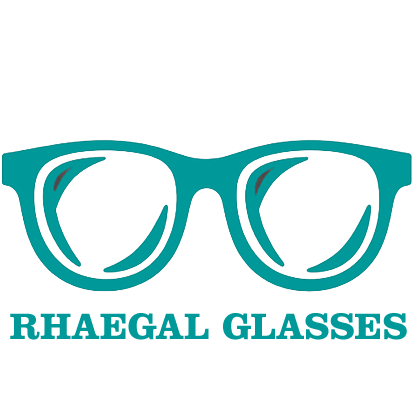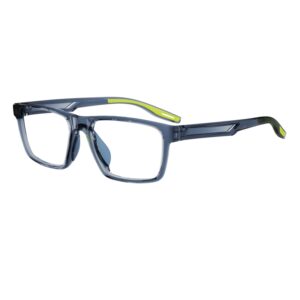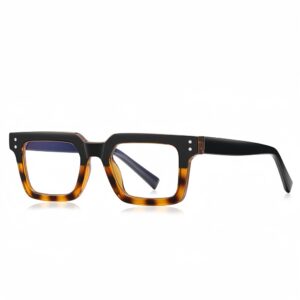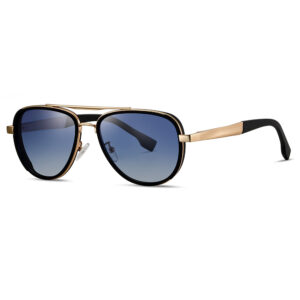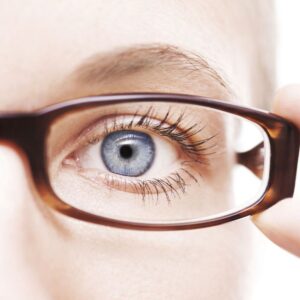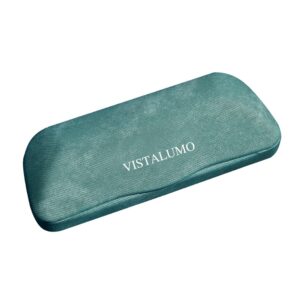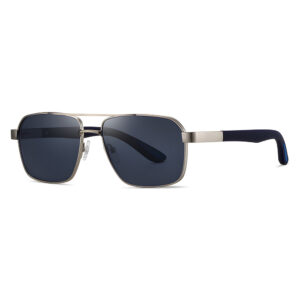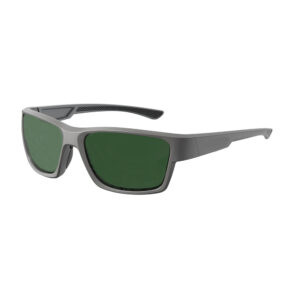

How Do I Match My Face Shape to My Glasses?
Glasses not only have the function of correcting various refractive errors, but also have the function of decorating and covering facial defects. For example, a face with a long nose can choose a frame with a suitable nose bridge, and the nose will not look so long after wearing it. Wearing glasses with dark wide-rimmed frames can hide or cover defects such as drooping eyelids and facial scars, and play a dual effect of correction and beauty. So you must learn to play to your strengths and avoid your weaknesses. There will always be a pair of glasses that suits you, and you will also shine with your own brilliance when wearing it.

Czy powinieneś nosić okulary przeciwsłoneczne podczas biegania? Odkrywamy najlepsze okulary do biegania dla doskonałych wrażeń biegacza
Okulary do biegania to kluczowy element wyposażenia dla biegaczy. W tym artykule dowiesz się, dlaczego okulary przeciwsłoneczne do biegania są niezbędne, podkreślisz zalety okularów przeciwsłonecznych z polaryzacją i pomożemy Ci wybrać najlepsze okulary przeciwsłoneczne do biegania, które ochronią Twoje oczy i ulepszą Twoje wrażenia z biegania. Omówimy wszystko, od promieni UV po komfort i wydajność, zapewniając, że znajdziesz odpowiednie okulary przeciwsłoneczne na każdy bieg. Przygotuj się na odkrycie, jak nosić okulary przeciwsłoneczne i dlaczego biegacze potrzebują okularów przeciwsłonecznych!

Z czego wykonana jest większość oprawek okularów? Odkryj najlepszy materiał na Twoje okulary!
Czy zastanawiałeś się kiedyś, z czego tak naprawdę wykonana jest Twoja oprawka okularów? Od metalu, przez plastik, po tytan, dostępne materiały oprawek okularowych mogą być mylące! Ten artykuł wyjaśni różnorodność materiałów oprawek, pomagając Ci wybrać najlepszy materiał na okulary, który odpowiada Twoim potrzebom, Twojemu stylowi i zapewnia optymalną opiekę nad oczami. Ten przewodnik jest kluczowy, ponieważ odpowiedni materiał oprawki wpływa na komfort, trwałość, a nawet na to, jak działają Twoje soczewki korekcyjne. Znajomość dostępnych opcji jest kluczowa dla wyboru najlepszych.
